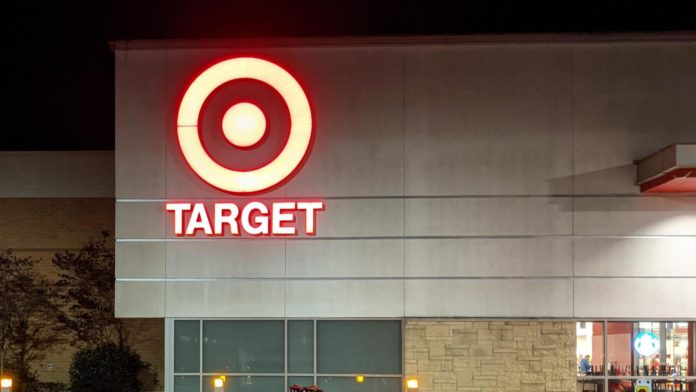Target is canceling orders from suppliers and slashing prices further to clear out excess inventory ahead of the critical fall and holiday shopping seasons.
The move comes after a noticeable change in spending habits by most Americans. After COVID lockdowns and remote work has come to an end for most, as the Bureau of Labor and Statistics continually reports a drop in remote workers, many have reduced spending on items such as televisions, small appliances, and furniture. The shift is toward money being utilized for travel, nights out for dinner, and clothing.
The change occurred much faster than most major retailers had anticipated. Recent quarterly financial filings from several major retailers exposed the major shift in spending.
Last month, Target reported its profit for the fiscal first quarter tumbled 52% compared with the same period the previous year. Sales of TVs, kitchen appliances, and furniture have faded, leaving Target with a bloated inventory that must be marked down to sell.
Target has refused to provide a dollar amount of supplier orders that are being canceled or the rate of the discounts it plans to offer. But they have made it clear that it is crucial to make room for inventory and finances to accommodate the upcoming Holiday season.
“Retail inventories are elevated,” Michael Fiddelke, Target’s chief financial officer, told reporters Monday.” And they certainly are for us, in some of the categories that we misforecast. We determined that acting aggressively was the right way to continue to fuel the business.”
The nation’s top retailers have watched their inventories significantly expand due to shipping delays caused by the COVID-19 pandemic. The delay in receiving goods has now outpaced the rate at which consumers are purchasing those goods. The result is excess inventory, which coupled with reduced spending creates a significant issue for most retailers nationwide.
According to a Bloomberg report, a 26% increase in inventories since last year has added up to $44.8 billion between S&P consumer indexes with a market value of at least $1 billion and reported earnings in the previous two weeks.
Target reported a 43% increase in inventory, Walmart reported a 32% increase, Macy’s reported a 17% increase, and Costco reported a 26% increase.
These large retailers now face rising costs in storage fees or having to issue significant discounts to make room for more inventory. Discounts could be especially difficult for businesses, given the steep rise in inflation. This means a rising cost of goods for consumers to account for the increased cost of managing and storing inventories for the companies.
This will most likely impact the American consumer directly, staying in line with the 40-year record inflationary rates in consumer pricing and wholesale goods.
It is worth noting that excess inventories typically signal a recession or overall economic downturn. Goldman Sachs has predicted a 35% chance of a recession in the next two years, while a Wells Fargo model projects a 30% chance of a recession occurring in the next six months. The prolonged impact of the pandemic on the financial markets has yet to be realized.


